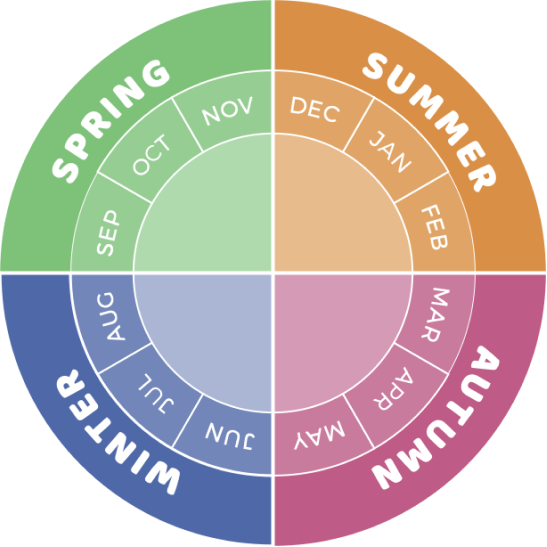Cauliflower is rich in vitamin C and a source of folate (vitamin B9), to help fight fatigue and keep you jolly all day long.
*When eaten as part of a healthy varied diet.
Top tip: You can store cauliflower whole, or chop up the florets and store in a container in the fridge.
Top tip: The head of cauliflower goes a long way; don’t ditch the stems and leaves as they’re tasty too!
Cauliflower is in season all year-round.

The recommended amount of vegetables you should eat is 5 serves per day.
(Source: Australian Dietary Guidelines, 2013)
½ cup of cooked cauliflower (75g) counts as 1 serve of vegetables.
|
Serving size: 75g( 1/2 cup boiled) |
||||||||||||||||||||||||||||||||||||||||||||||||||||
|
||||||||||||||||||||||||||||||||||||||||||||||||||||
|
Source: Aust Food Comp Data or ^ USDA data |
The recommended amount of vegetables you should eat is 5 serves per day.
(Source: Australian Dietary Guidelines, 2013)
½ cup of cooked cauliflower (75g) counts as 1 serve of vegetables.